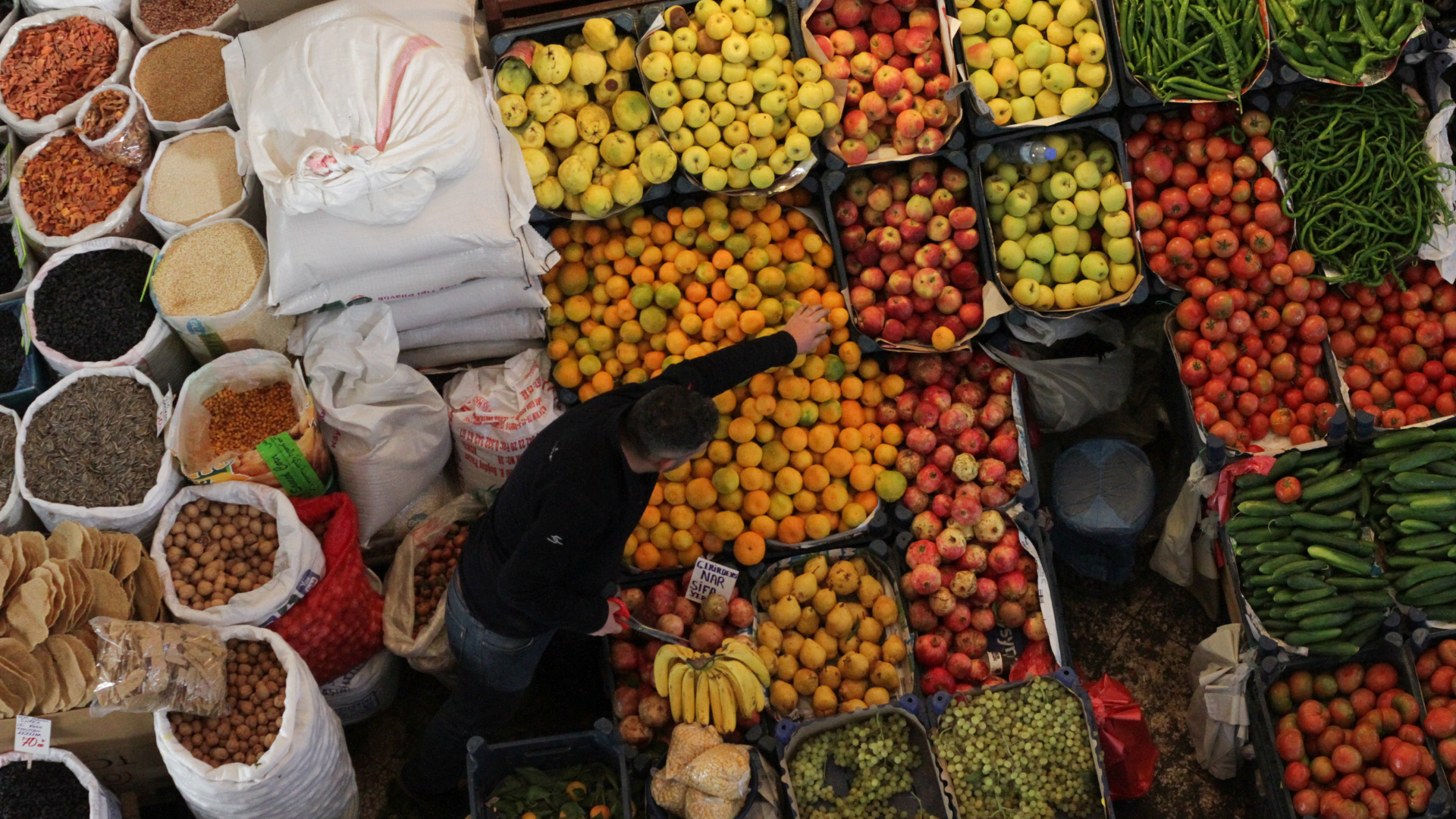World Food Day 2025 is a call to action. The global food system is facing mounting challenges — from the climate crisis to the effects of economic disparities and the global health pandemic. Over 700 million people still face hunger, and the ongoing climate crisis continues to make food access more precarious. World Food Day 2025 will shine a spotlight on how we can address these issues through sustainability, innovation, and global cooperation.

Food security is not just about having enough food, it’s about ensuring that food is nutritious, accessible, and produced in a way that supports the planet for future generations. This year’s observance is an opportunity to reflect on our food systems, our personal consumption patterns, and how we can all contribute to a world where food security is a reality for everyone.
Here’s how we can all contribute to making food security a reality:
World Food Day is an opportunity for all of us to reflect on our relationship with food and our role in the global food system. It’s a reminder that food security is not just a goal but a global responsibility. By adopting sustainable practices, reducing food waste, and supporting policies that prioritize nutrition and sustainability, we can create a healthier and more equitable world for future generations. Let’s take action today to ensure that everyone has access to the food they need to thrive — not just for today, but for years to come.
External Links: